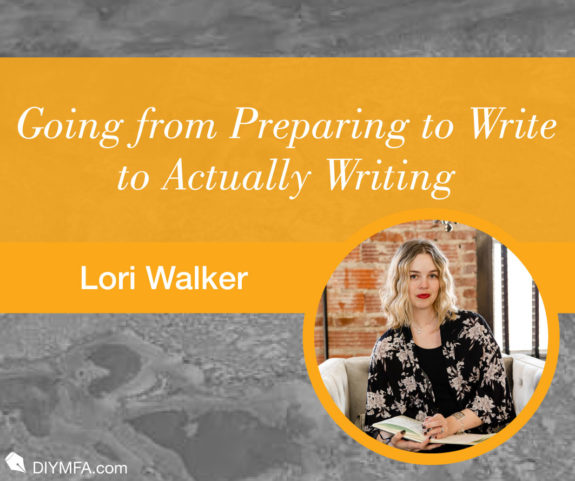Hey, y’all. I come before you today, standing at the precipice of possibility. The place where inertia becomes action. The moment where I engage in the act of sitting down and actually writing.
This winter, I invested in a masterclass program that walked me through the process of taking an idea, creating a high-level outline, and then creating a detailed micro-outline. When I initially signed up, I told myself that it was put up or shut up time. If at the end of this course, I was not actually writing something, then I needed to move on to something else entirely.
This post is a round-up (of sorts) as I walk you through my thoughts, plans, and experiences as I take that step to begin actually writing.
Don’t overwhelm yourself.
While you should totally harness that enthusiasm, you don’t want to overwhelm yourself. That’s why I am not going to put too much pressure on myself with a crazy writing schedule. I’ll draft three days a week for one hour a day. Two days a week, I am going to work on side projects that I can eventually submit and build up my writer’s résumé.
On those three days, if I go longer than an hour, great! On the other four days, if I find myself with additional time and want to do some more drafting, perfect! But three days is the magic number for now.
The key for me here is that I don’t want to require myself to write seven days a week. I know myself. If it’s an overwhelming schedule, I will abandon writing entirely. (See also: my past experiences with vowing to exercise more.)
And to make it easier on myself, I’ve already decided that I will not write on Mondays and Wednesdays. Those two are wild card days for me. They tend to be chaotic. I don’t know what to expect.
It’s OK to not have a ritual.
I hear a lot of people talking about their writing rituals. They light candles, they make tea, they sit in a particular chair, and then they write. I’ve tried it a bit and it just doesn’t work for me.
But I’m not going to sweat it. In fact, I’m going to embrace it. I am going to be my own muse.
Now, this is not to say that if I notice that I tend to write better when I use my peacock print mug, that I won’t start hand-washing it after each use so I can use it daily or that if a particular pair of yoga pants leads to more productivity, that I won’t make sure I wear them to write.
I have a sports background. Those are superstitions. You respect those superstitions. You ride those superstitions until the streak ends and then eventually a new superstition will find you.
Just go ahead and buy the new shiny notebook.
Yes, as writers, we already have 84,000 special notebooks. But when you’re beginning a new project, a shiny notebook will inevitably send out a siren’s song. Sure, you don’t need the new notebook just for this project. But you want one. And having a brand new notebook dedicated to this project that you’re about to start might be the thing that gets you actually writing. (See above about superstitions.)
I bought a new Moleskine that has a cover that flips up like reporters used to use before they started using their phones to take notes. I bought it because I know that when I whip that puppy out to jot down some brilliant idea, I’m going to feel totally legit.
I even bought some of those pens that have a light so you can see when you’re writing in the dark. Just in case I get a wonderful idea when I am regularly unable to sleep between the hours of 3:00am and 5:30am.
Know when to call it quits.
By this I mean—know when the preparation becomes procrastination. There are tons of writing-adjacent activities that are totally useful to your project. But at a certain point, they become a crutch or a safety blanket.
Having the perfect outline is not going to get your book written. Doing all the research isn’t going to get your book written. Reading yet another craft book isn’t going to get your book written.
You can do this. You can write this book (and another and another). You really can. You don’t need to keep tweaking the outline, finding more sources, or getting insight from another prolific writer.
At a certain point, you have to go from beginning to write to actually writing.
And hopefully, by the time this post goes live, I will be actually writing myself.
Tell us in the comments: What are your strategies to start actually writing?

Lori Walker is the Operations Maven at DIY MFA. Though she’s fallen off the wagon as a writer, she’s hoping to return to writing essays (perhaps even a novel!) through her involvement with DIY MFA. She is also Launch Manager, Web Editor, and Podcast Producer for DIY MFA and a Book Coach. She resides in Smalltown, Oklahoma, with her husband and their cat, Joan Didion. You can follow her on Instagram at @LoriTheWriter.







